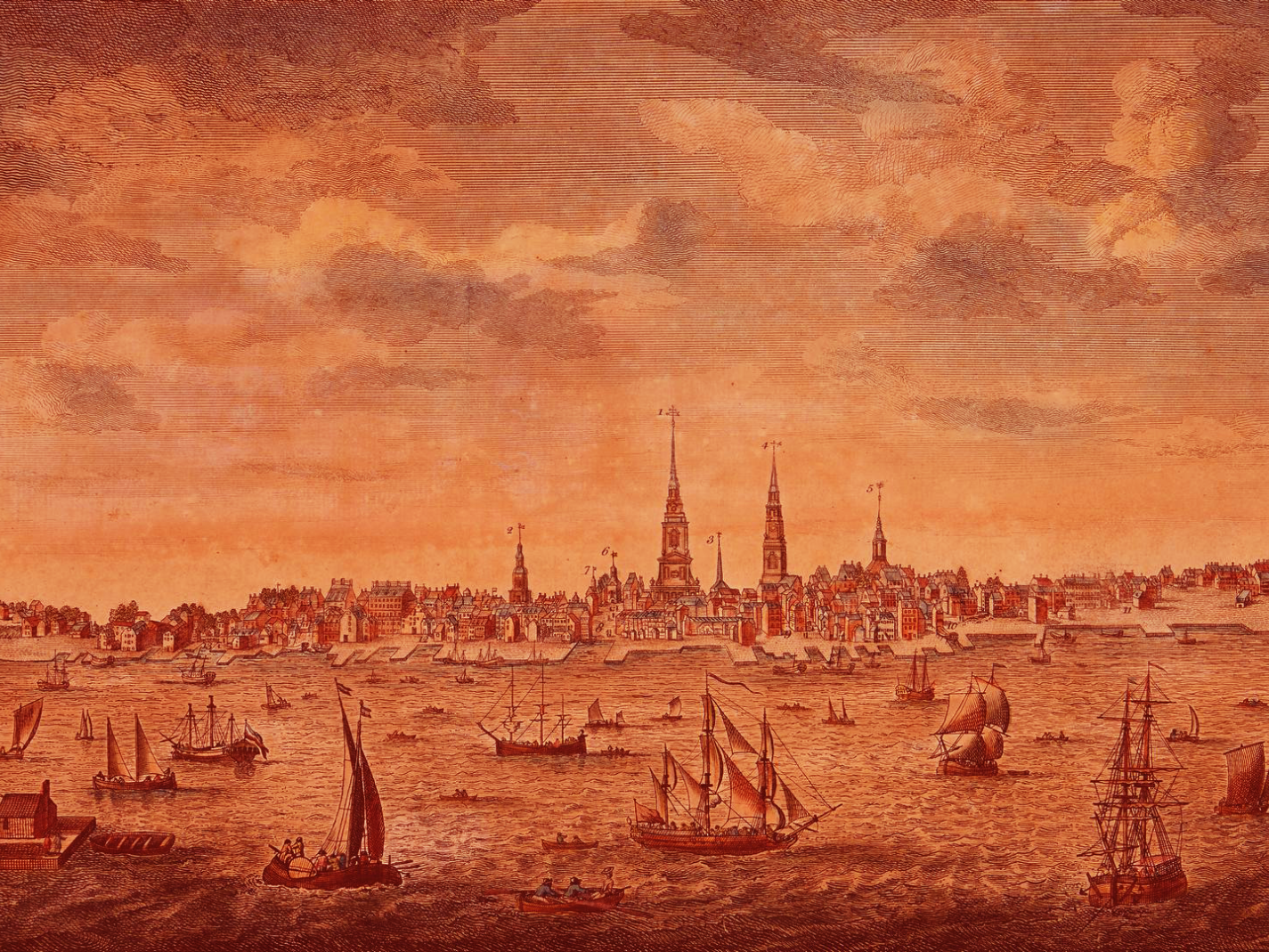
The trouble really begins when the fishermen and the fox hunters prepare to fight.
The First Continental Congress had already met but hadn’t called for armed resistance. After all, they were still petitioning the king to withdraw the Intolerable Acts and were only calling for a boycott of British goods. But plenty of Americans had a good idea that wouldn’t work. Philadelphians elected a Committee of Correspondence to determine how best to resist the British. On 17 November 1774, three members of the new Committee joined 25 other gentleman Philadelphians to establish the Light Horse of the City of Philadelphia—later called the First Troop Philadelphia City Cavalry. Massachusetts’ Minutemen were already there—Massachusetts always had a militia—but the Light Horse was the first military troop organized to defend the almost-rebellious colonies.
[RELATED: Peace, Liberty, and Safety Is All We Really Want]
Philadelphia was the heart of a Quaker colony, so they’d never been as martial as the Cavaliers of Virginia or the flinty Puritans of New England. The Scots-Irish on the Pennsylvania frontier were warlike enough, but they were settling the Appalachians 300 miles west of Philadelphia. Philadelphia was a great city of 40,000, set happily amid peaceful farmland. Who would fight?
The gentlemen of Philadelphia were rich enough to own a horse and bring it in for cavalry training. There were the proud members of the three kingdoms of Great Britain, enrollees from the St. Andrew’s Society of Philadelphia, the Society of the Friendly Sons of St. Patrick, and the Society of the Sons of St. George. There were the members of the Schuylkill Fishing Company—they had been angling on the Delaware since 1732, and their governor, Samuel Morris, was a commander of the Light Horse. Then, there were the members of the Gloucester Fox Hunting Club, turning from chasing the red coats of the local foxes to drilling to fight the redcoats of King George.
Drilling in peacetime only, in 1774 and 1775. But the Light Horse would fight in deadly earnest during the Revolution, at Trenton and Princeton, at Brandywine and Valley Forge.
America loves the story that it was the salt of the earth who made our Revolution—our minutemen and our frontier sharpshooters. And they did, but not alone. There were solid, comfortable, prosperous gentlemen who made the Revolution, too, gentlemen with a great deal of comfort to tempt them to indolence, who stepped forward to fight. Social clubs, angling, hunting—the leisure institutions remade themselves to serve the struggle for liberty. Two centuries later, their descendants would put down their tennis rackets, lay aside their golf clubs, and step into Sherman tanks and Superfortress bombers.
Our own struggles for liberty as yet are only political, but we bring to them the good cheer and experience of our own worlds of leisure. Nowadays, we love our cars, boats, and motorcycles, especially in big parades, and we celebrate them with political insignia. Our talk shows are the taverns of the digital age, and amiable chat also serves the cause of liberty. Liberty is kept alive by athletes and entertainers—and, perhaps most tellingly, by a pillow plutocrat and a mattress magnate. Americans’ comfort is still tied to liberty.
Perhaps we will need to be more active, as our ancestors of the Philadelphia Light Horse were. When needs come, we will. The Americans who fight for liberty are, and always have been, the Americans who fish, and chat, and lean back in a comfy chair.
When the time comes, we serve.
Follow David Randall on X
Art by Beck & Stone
I don’t know about Philadelphia, but the “gentlemen” of New England largely remained loyal to the Crown. They wound up with their property being confiscated in the Revolution and being expelled (“under pain of death without benefit of clergy”).
I’m not saying that people like John Hancock (a notorious smuggler) wasn’t wealthy, nor that others weren’t relatively well off. But the inherited wealth was largely with the Loyalists — at least in Massachusetts, the Revolution was largely led by the nouveau riche.